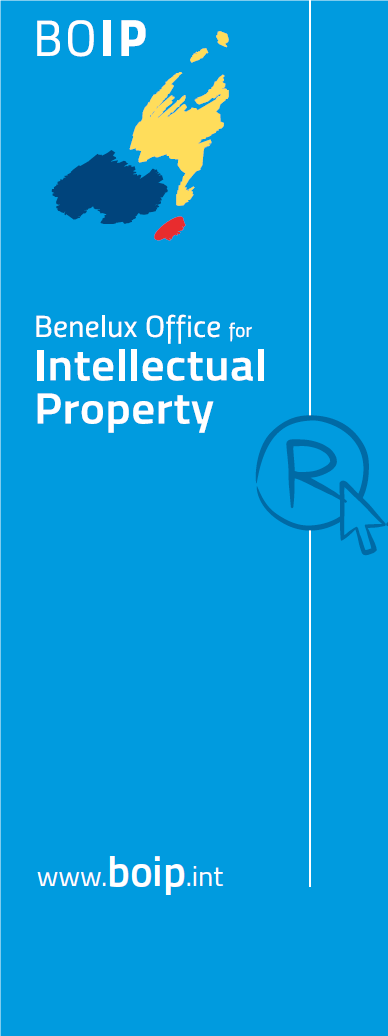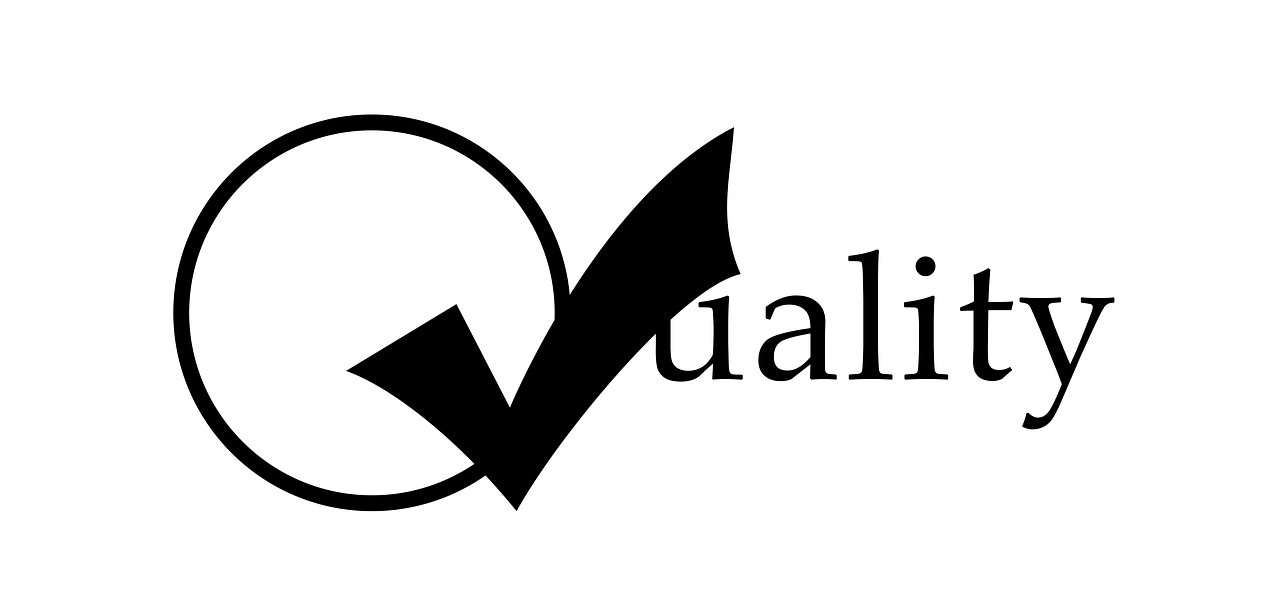Now in its twelfth year, Class 46 is dedicated to European trade mark law and practice. This weblog is written by a team of enthusiasts who want to spread the word and share their thoughts with others.
Click here subscribe for free.
Who we all are...
Recent and pending changes in the Benelux
Benelux trade mark law is moving further towards harmonisation, as Lauranne de Montjoye and Marius Schneider explain in a guest post for Class 46:
As a consequence of the implementation of the Trade Mark Harmonisation Directive 2015/2436, important structural and organisational changes have already come into force in the Benelux as of June 2018.
 In January 2019, more changes will be implemented and the fee structure of the Benelux Office for Intellectual Property (BOIP) will be revised.
In January 2019, more changes will be implemented and the fee structure of the Benelux Office for Intellectual Property (BOIP) will be revised.
The modernisation and centralisation that these changes bring about further harmonise Benelux and EU trade mark law.
Changes implemented in June 2018
New administrative cancellation procedure available
Although national judges remain competent to have jurisdiction in any claim for cancellation of a Benelux trade mark, the Benelux Office is now also competent to rule on the invalidation or cancellation of Benelux trade marks. This new administrative procedure offers a quick and cost-effective alternative to court proceedings.
From a procedural point of view, the newly introduced administrative cancellation procedure is very similar to opposition proceedings, whereby the parties take turns to file arguments with periods of two months and the defendant has the last word.
Introduction of a new ground for opposition/invalidation proceedings
Trade marks with a reputation can now serve as ground for an opposition or invalidation proceedings. On this basis, it is now possible to oppose or invoke the invalidity of a later similar trade mark, irrespective of whether it is used for similar goods and services or not, where use of the sign without due cause takes unfair advantage of or is detrimental to the distinctive character or the repute of the trade mark. Previously, this ‘ground sub c)’ could only be invoked before the national jurisdictions. This new possibility centralises and simplifies the procedural structure in the Benelux.
Centralisation of the appeal of the decisions of the Benelux Office before the Benelux Court of Justice
Finally, all appeals against decisions of the Benelux Office are now to be brought before the Benelux Court of Justice. The new second chamber of the Court has been inaugurated and is currently ruling on its first cases. In the past, the Court of Justice served as Supreme Court for preliminary rulings, and appeals were handled by the national courts of Brussels, the Hague and Luxembourg, which led to diverse case law. The centralisation aims to obtain a more harmonised case law.
For more information about the procedural changes made in the Benelux, we refer to the following texts of the Benelux Convention on Intellectual Property (BCIP) and the Implementing Regulations under the Benelux Convention on Intellectual Property (trademarks and designs).
Changes expected in January 2019
Changes to the fee structure
As of January 2019, the fees in the Benelux will increase in general by 1.5%.
With regards to trade marks, the traditional practice of covering three classes with the basic fee will come to an end. Taking inspiration from the EU system, the Benelux Office will now introduce a fee per class for registrations and renewals, with the objective of dissuading applicants from systematically filing trade marks in three classes. This should help to resolve the problem of the cluttering of the Benelux Register.
Trade marks that are filed or renewed in 2018 will obviously still benefit from the ‘three classes for the price of one’ system.
Trade mark owners are hereby advised to anticipate upcoming filings and renewals: trade marks expiring after the implementation date (1 January 2019) in the course of the first half of 2019 (1 January to 30 June 2019) may thus be renewed before the end of 2018 in order to benefit from the current fee structure.
For renewals, from January 2019 it will be possible to renew a trade mark for only part of the classes designated.
Please however note that the fees for filing a trade mark in one class in 2019 will start off at a lower entry price than the current rate.
For the complete list of fees for 2019, please refer to the following link.
Abolition of the requirement of graphic representation
As from 1 January 2019, applicants will be able to file a trade mark without having to provide for a graphic representation of the sign. This will allow for less tangible elements to be registered as trade marks, such as sounds, colours, motion marks or holograms, as long as the signs stay clear and precise.
Strengthening of trade mark holders’ rights
The holders’ rights will be reinforced in several points: they will have the possibility to take action against counterfeit goods in transit, or against use of a trade mark as a commercial name in an advertisement.
Certification marks
 Certification marks will now be explicitly recognised in the Benelux. Certification marks are signs capable of distinguishing goods or services which are certified by the proprietor of the mark in respect of material, mode of manufacture of goods or performance of services, quality, accuracy or other characteristics, from goods and services which are not so certified.
Certification marks will now be explicitly recognised in the Benelux. Certification marks are signs capable of distinguishing goods or services which are certified by the proprietor of the mark in respect of material, mode of manufacture of goods or performance of services, quality, accuracy or other characteristics, from goods and services which are not so certified.
Currently, this category does not exist under Benelux law. De facto, quality marks are included in the broader concept of ‘collective marks’ which already exists. A new regime will be specifically introduced for certification marks, which will be different from the collective marks.
New opportunities available
With the entry into force of the updated Benelux Convention, many more changes will be implemented. We encourage trade mark holders to analyse the implications and review their strategies, as new opportunities may be available.
Lauranne de Montjoye and Marius Schneider are attorneys-at-law at IPvocate, the IP department of CEW & Partners
Posted by: Blog Administrator @ 15.14Tags: Benelux, BOIP, Trade Marks Directive, ,


 Sharing on Social Media? Use the link below...
Sharing on Social Media? Use the link below...Perm-A-Link: https://www.marques.org/blogs/class46?XID=BHA4691

